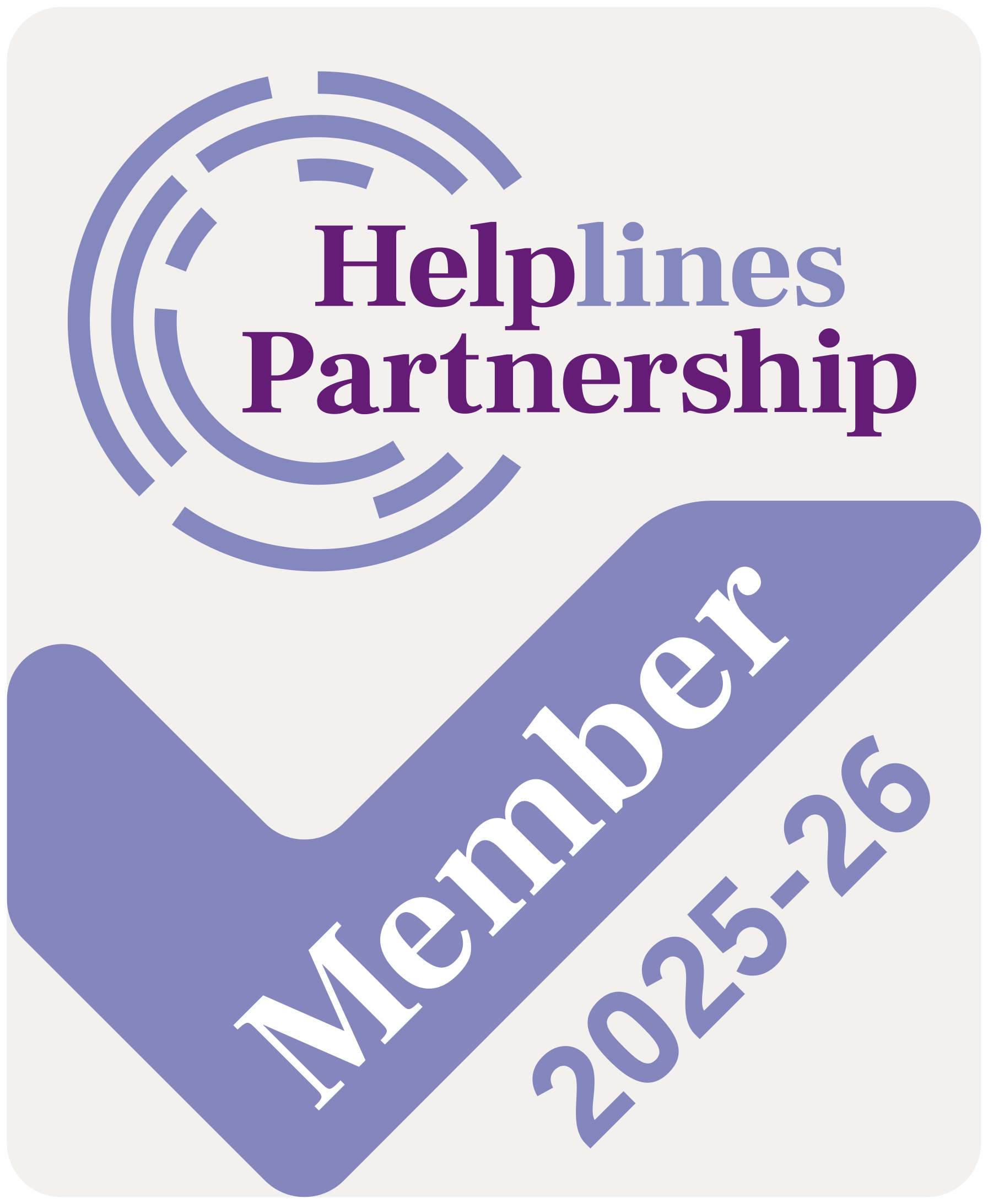According to research, the number of children being homeschooled is continuing to rise.
The most recent figures show 58,000 children are currently being educated at home.
In 2016-2017 that figure was 48,000 and in 2014-2015, 34,000.
Although homeschooling is a parental choice, if the child has an EHCP in place, the local education authority (LEA) must be satisfied that the child’s special educational needs are being met.
Before you make a decision on home schooling:
YOU
Need to notify the local authority if you are removing your child from a school.
Realise there are no funds directly available from central government for parents who decide to educate their children at home, although some local authorities provide guidance for parents, including free National Curriculum materials.
Accept that any special educational needs your child may have must be recognised.
Know that your child is not obliged to follow the National Curriculum or take national tests, but as a parent you are required by law to ensure your child receives full-time education suitable to their age, ability and aptitude.
YOU DON’T NEED
To be a qualified teacher to educate your child at home.
Special permission from a school or local authority to educate your child at home, but you do need to notify the school in writing if you’re taking your child out of school.
To observe school hours, days or term. Or have a fixed timetable or give formal lessons.
To have an EHCP in place for your child
What’s the first step to home schooling?
If you decide that home schooling is right for your child then you can deregister them from their school by writing to the head teacher advising that you are withdrawing your child from the school as they are being educated at home.
If you feel it will help, quote the relevant law – it’s the 1995 Education (Pupil Registration) Regulations 9, 1995 (SI1995/2089).
You might write something like this:
“….as from the **/**/**, (child’s name) will be educated at home, in accordance with Section 9 of the 1996 Education Act.
I would be grateful therefore if you would remove his/her name from the register of (School Name)……”
It might be worth hand delivering the letter and asking for a signed receipt – if this isn’t practical then parents should send the letter by recorded delivery.
Once you’ve written, the school is legally obliged to act on your request.
If your child is at a special school or within a mainstream school with an SRP and the place was arranged by your local authority then you should inform them of your choice.
What if they refuse to deregister my child?
It is illegal for them to refuse to accept your request to deregister your child, whether they go to a mainstream or special school.
If you need further advice contact IPSEA and they will support you through the process.
Home School and the EHCP
If your child has an EHCP, choosing to home educate means that the LA no longer has a legal duty to secure any special educational provision which was specified in the child’s plan.
IPSEA advise: “If the current educational placement is not working, it may be better to amend the EHCP to set out different special educational provision and/or name a different school rather than attempting to take on home education without support.
“If school or college is not appropriate for the child or young person, the LA can arrange for any special educational provision which the child or young person requires to be delivered somewhere other than in a school, college or early years setting.
“This is often known as ‘education otherwise than at school’. The LA would then be responsible for continuing to secure and fund that provision.”
Things to think about when choosing a school
- Are the school staff interested in your child as an individual? Are they interested in your knowledge of your child? Do you feel comfortable and welcome?
- How does home-school liaison work? How easily can you visit?
- How do staff interact with your child, and vice versa, on their first meeting? How do they end the interaction? Are you happy with their attitude and style of interaction?
- What resources does the school have? Are there qualified specialist teachers? Is there access to medical and therapy staff if appropriate?
- Who will be working with your child? If they don’t yet know, how will they decide? How many children are there for each member of staff?
- How do staff describe the main aims of the provision?
- How much do staff know about your child’s genetic disorder? What specialist training do they have?
- Are there other children with similar needs to your child at the school?
- What communication systems are used? Will your child be able to communicate with staff, peers and others?
- How will information be presented to your child? How much choice will your child get regarding activities?
- Is the physical environment appropriate? Is appropriate special equipment available?
- Are there local community links, such as those with other schools? Are there other inclusive activities?
Useful contacts for SEN and disabilities:
IPSEA – the Independent parental special education advice service offers free and independent legal based information, advice and support ipsea.org.uk
SOS!SEN – a free, independent and confidential telephone helpline for parents and others looking for advice on SEN sossen.org.uk
Education Otherwise – the site provides information and resources for home educating families and those considering home education for the first time educationotherwise.net
Wolsey Hall – one of the world’s most experienced home study and homeschooling online providers wolseyhalloxford.org.uk





